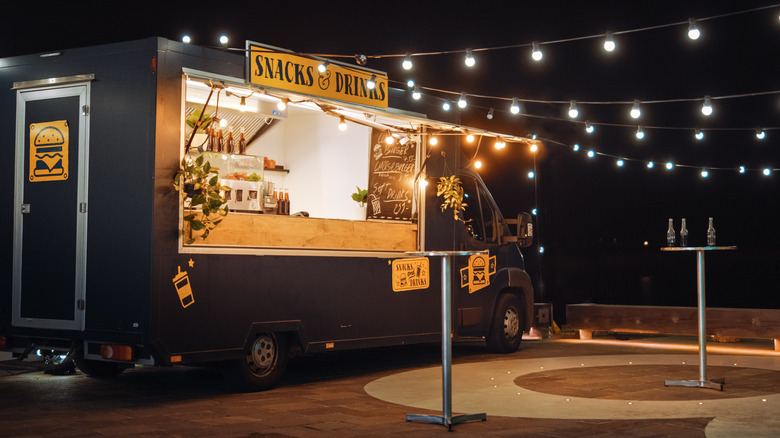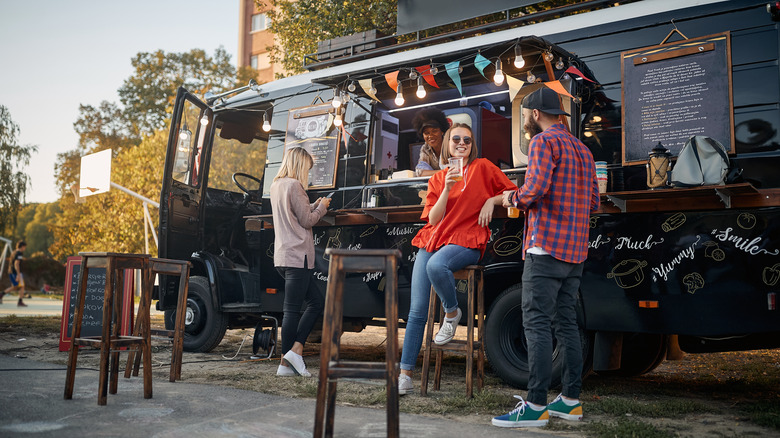New Study Reveals How Food Trucks Are Affecting Restaurants
A report by the Institute for Justice has come out which looks into whether the presence of food trucks has an adverse effect on the local restaurant industry. The traditional argument is that since food trucks are mobile and can (due to lower operating costs) charge lower prices than a restaurant, they have an unfair advantage in the marketplace.
Dr. Dick Carpenter, the Institute's Senior Director of Strategic Research and report's co-author, explained to ABC4 that "The results of this study provide strong evidence that restaurants have nothing to fear when it comes to food trucks. Far from threatening to put restaurants out of business, food trucks can coexist with restaurants and may even help the restaurant industry grow."
The data the report presents suggests that food trucks are not a predator on more firmly rooted restaurants. The average food truck to restaurant ratio in each county across the country is 1 to 145, with both experiencing growth over the time period studied. So it's more than likely that these two business models can co-exist happily. The conclusion the Institute for Justice has drawn from this, then, is that food truck entrepreneurs have suffered unfairly under local laws that were designed to keep restaurants competitive. Their recommendation is to repeal or loosen the more onerous restrictions that keep food trucks from achieving a more stable business model.
Change might not happen anyway
Despite the report's recommendations, change seems unlikely to occur, because the reservations local governments have included more than worries about the success of restaurants. ABC4's coverage of the report begins with noting how, in 2017, after Utah made moves to ease food truck restrictions, local governments managed to make the process more difficult.
In 2019 when the town board of Southampton, New York moved against a measure promoted by local farmers that would allow them to license space to food trucks, it wasn't just because there were restaurants around. Even though that was a cited reason, it came third after "cooking smells in a residential neighborhood" and "increased traffic."
Traffic concerns also raised their head in Washington D.C. in 2018, the Foggy Bottom and West End Advisory Neighborhood Commission worried that the sheer number of food trucks was obstructing traffic and clogging fire lanes in the busiest parts of the neighborhood.
Of course, these examples are from pre-pandemic times. In a post-COVID world, and all the restaurant closures that come with it, it's possible that local governments will change their tunes.

